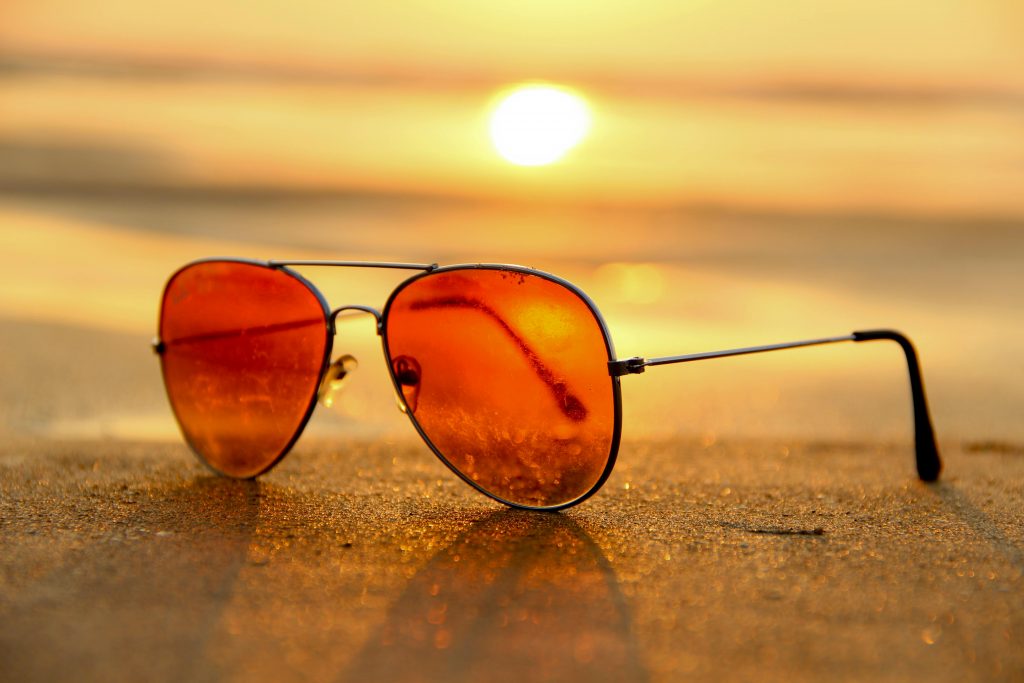As temperatures soar during the summer months, heatwaves can pose serious health risks if not managed properly. Whether you’re enjoying the sunshine or going about your daily routine, it’s crucial to take specific precautions to protect yourself and your loved ones from the extreme heat.
Here’s a comprehensive guide on how to stay safe and healthy during a heatwave.

Stay Hydrated
One of the most important steps during a heatwave is to keep yourself well-hydrated. Dehydration can sneak up on you quickly, leading to heat exhaustion or heat stroke.
- Drink Plenty of Water: Aim to drink at least 8–10 glasses of water a day. During extreme heat, you might need even more.
- Avoid Alcohol and Caffeine: Both can contribute to dehydration, so it’s best to limit your intake.
- Electrolyte Replenishment: Consider drinks with electrolytes, especially if you’re sweating a lot. Coconut water and sports drinks are good options.
Dress Appropriately
Choosing the right clothing can significantly impact your comfort and health during a heatwave.
- Lightweight and Light-colored Clothing: Wear loose-fitting, light-colored clothes made of natural fabrics like cotton, which can help keep you cool.
- Hats and Sunglasses: Protect your face and eyes from the sun with a wide-brimmed hat and UV-protective sunglasses.
- Sunscreen: Apply a broad-spectrum sunscreen with at least SPF 30. Reapply every two hours, or more often if you’re swimming or sweating.
Stay Indoors During Peak Heat
The sun’s rays are the strongest between 10 AM and 4 PM. If possible, try to stay indoors during these hours.
- Air Conditioning: If you don’t have air conditioning at home, spend time in air-conditioned public places like shopping malls, libraries, or community centers.
- Fans and Ventilation: Use fans to circulate air. However, during extremely high temperatures, fans alone might not prevent heat-related illness. In such cases, take cool showers or baths to lower your body temperature.
Recognize Heat-Related Illnesses
Understanding the symptoms of heat-related illnesses can help you take prompt action.
- Heat Cramps: Muscle pains or spasms that usually occur during heavy exercise. Drink water and rest in a cool place.
- Heat Exhaustion: Symptoms include heavy sweating, weakness, dizziness, nausea, and headache. Move to a cooler location, drink water, and rest.
- Heat Stroke: This is a medical emergency. Symptoms include high body temperature, confusion, seizures, and loss of consciousness. Call 911 immediately if you suspect someone has heat stroke.
Protect Vulnerable Individuals
Certain groups are more susceptible to heat-related illnesses, including infants, the elderly, and those with chronic illnesses.
- Check on Family and Neighbors: Make sure they are staying cool and hydrated.
- Never Leave Children or Pets in Cars: The temperature inside a car can rise to dangerous levels within minutes, even with the windows cracked open.
Adapt Your Diet
Eating habits can influence how well your body copes with heat.
- Light Meals: Eat smaller, more frequent meals rather than large, heavy ones. Fresh fruits and vegetables are excellent choices.
- Avoid Hot and Heavy Foods: These can increase your body temperature.
Be Smart About Physical Activity
If you need to exercise or work outdoors, do it smartly.
- Timing: Schedule your activities for the cooler parts of the day, such as early morning or late evening.
- Pace Yourself: Don’t push yourself too hard. Take frequent breaks in the shade or indoors.
- Hydration: Keep drinking water before, during, and after any physical activity.
A heatwave doesn’t have to derail your summer plans. By taking these precautions, you can enjoy the season while keeping yourself safe from the adverse effects of extreme heat.
Remember, staying informed and prepared is your best defense against the soaring temperatures. Stay cool, stay hydrated, and have a safe summer!

